
CONTACTAbout UsCAREER OPPORTUNITIESADVERTISE WITH USPRIVACY POLICYPRIVACY PREFERENCESTERMS OF USELEGAL NOTICE
© 2025 Equal Entertainment LLC.
All Rights reserved
All Rights reserved
By continuing to use our site, you agree to our Privacy Policy and Terms of Use.
We need your help
Your support makes The Advocate's original LGBTQ+ reporting possible. Become a member today to help us continue this work.
Your support makes The Advocate's original LGBTQ+ reporting possible. Become a member today to help us continue this work.
"Are you a boy or a girl?" Now that my daughter is turning 6, I'm starting to get this question regularly from her classmates. Usually they sidle up, a little self-conscious, because they've heard something--i.e. that I'm trying to pass myself off as female as her mother--and they want to check it out but also put me back in my place if it's true.
With men who taunt me like this on the street, I can respond by asking in reply, "Are you an asshole or an idiot?"
With the 6-year-old boy who is rolling his eyes right now as I try to affirm that I'm Dylan's mom, this is clearly not an appropriate response.
Nor, as I might have done in earlier years, can I threaten to picket the school--or perhaps just the first-grade class to which he belongs--to protest this blatant display of transphobia.
In fact all the in-your-face tricks I learned to counter intolerance fail me now. What to do when you're a Transsexual Menace faced with a pint-sized harasser who barely comes up to your navel? What to do when gender bigotry is aimed as much at your little daughter as you? Menace-ing a 6-year-old just doesn't seem right somehow.
Especially since he's not really asking a question, as making a statement, to wit: I've heard you're trying to pass yourself off as a girl and Dylan's mom and I want to confirm it firsthand so I can tell you that you're not really a girl or a mother.
These are questions I never had to address. It strikes me now that being a parent dramatically enlarges your zone of vulnerability, while at the same time shrinking your range of response. And to be frank, at the moment I just feel humiliated and vaguely ridiculous here on the playground.
None of which I can explain to this little twerp. I can't even explain my genderqueerness, since this is not the time for an in-depth discussion of transsexuality complete with before and after pictures and detailed surgical diagrams, which his parents--not to mention the principal--probably wouldn't appreciate much anyway.
But whatever I do, I better do it quick, because my little daughter is staring at me now, looking for a hint as to how to handle this.
And there is it: I've spend decades learning to accept myself but I've never wanted so badly to be cis-gendered, to be an RG, a "real girl," as I do right now to spare this for my little daughter.
And yet at the same time, I don't. I not only want her to understand gender difference, I hope in my own small, clumsy, distinctly non-activist-y way, I'm even modeling it for her. As my wife and I fight the onslaught of impossibly small-waisted tippy-toed Barbie dolls, omnipresent Disney princess toys of every size, shape and description, and the Pink Plague of gifts that descends on her like a veil every birthday and Christmas, part of me fervently hopes that my little RG will find ways to be other-gendered, to not buy into the narrow, confining feminine stereotypes that will claim many of her peers. She doesn't have to be a dyke, Lord, but couldn't she at least be a little bit tomboy?
Usually after these little episodes with her friends, the big bad gender activist slinks off and licks her (his?) wounds in private.
But not this time. Not this morning. As soon as I get home, I write the following and send it to the entire school diversity administration. I'm quite sure this is the opening shot in a what will be a much longer conflict. Perhaps I'm finally figuring out a way to be a trans activist parent after all:
This morning the fourth or fifth child in one of Dylan's classes in the last couple years has asked me if I was a really a boy or a girl. I think honest questions, even ones which may be awkward or personal, should always be welcomed from a child. But this is seldom asked to obtain information, or clarify a point about which a child - to be frank -- might reasonably be expected to be confused.
Whatever the answer, I'm informed that I really do look like a boy, or that I can't really be Dylan's mom. Often this is right in front of Dyl. The "really" is instructive; the point is not information but to police gender lines and particularly to stigmatize gender difference. This usually leaves Dyl in a bad space, trying to decide whether to defend me as her mom or else let it go among kids she will, after all, have to coexist with in class every day.
In a couple cases, this scenario has played out in my absence directly with Dylan, with pretty much the same result. In a sense, it's not too much different from asking the child of two moms or two dads which one is "really" their parent.
Although given my interaction with the schools I should know by now, I confess I'm still a bit unclear how much or how little of the DCPS current anti-bullying curriculum addresses issues of gender and at what age it does so.
In any case, gender constancy - the conception that gender is fixed and that bodies are rigidly defined between male and female - begins to take hold right around age 5 or 6. It is also around this time that harassment against kids who are gender non-conforming or even (more rarely) cross-gender, begins to take root in earnest.
Based on my own experience, it might make sense to begin addressing gender intolerance in their diversity and anti-bullying lessons in greater depth at this age, since whatever they are currently getting, if any, is clearly not enough.
No DCPS parent should have to be repeatedly mocked in front of their own child -- and certainly no DCPS child should have to stand by and watch their parent be ridiculed -- simply because he or she is gender different and children have the idea that that this sort of prejudice, unlike those based on race, sexual orientation, or religion, is a socially acceptable basis for intolerance, teasing or ridicule.
Thank you,
Riki
From our Sponsors
Most Popular
Bizarre Epstein files reference to Trump, Putin, and oral sex with ‘Bubba’ draws scrutiny in Congress
November 14 2025 4:08 PM
True
Jeffrey Epstein’s brother says the ‘Bubba’ mentioned in Trump oral sex email is not Bill Clinton
November 16 2025 9:15 AM
True
Watch Now: Pride Today
Latest Stories
On World AIDS Day, thinking of progress and how to build on it in the face of hostility
December 01 2025 7:47 PM
Ex-Biden White House aide called out for implying Cory Booker’s new marriage is suspicious
December 01 2025 6:04 PM
True
HIV-positive men stage 'Kiss-In' protest at U.S.-Mexico border (in photos)
December 01 2025 12:56 PM
Maryland community outraged after ‘bigoted’ early morning rainbow crosswalk removal
December 01 2025 11:07 AM
19 LGBTQ+ movies & TV shows coming in December 2025 & where to watch them
December 01 2025 9:00 AM
Gay NYC councilman running for Congress says America is at a crossroads
December 01 2025 6:52 AM
What the AIDS crisis stole from Black gay men
December 01 2025 6:00 AM
Japan's ban on marriage equality is constitutional, according to a Tokyo court
November 28 2025 4:59 PM
How a queer fashion show took on New York Fashion Week
November 28 2025 4:58 PM










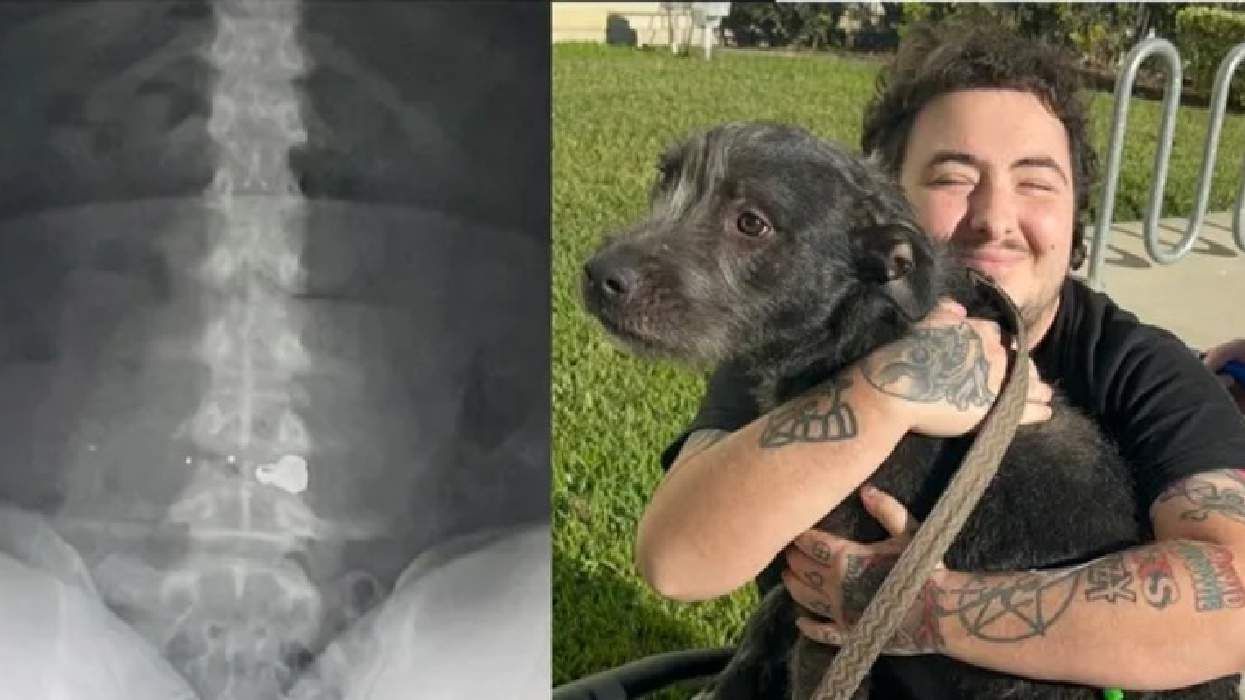

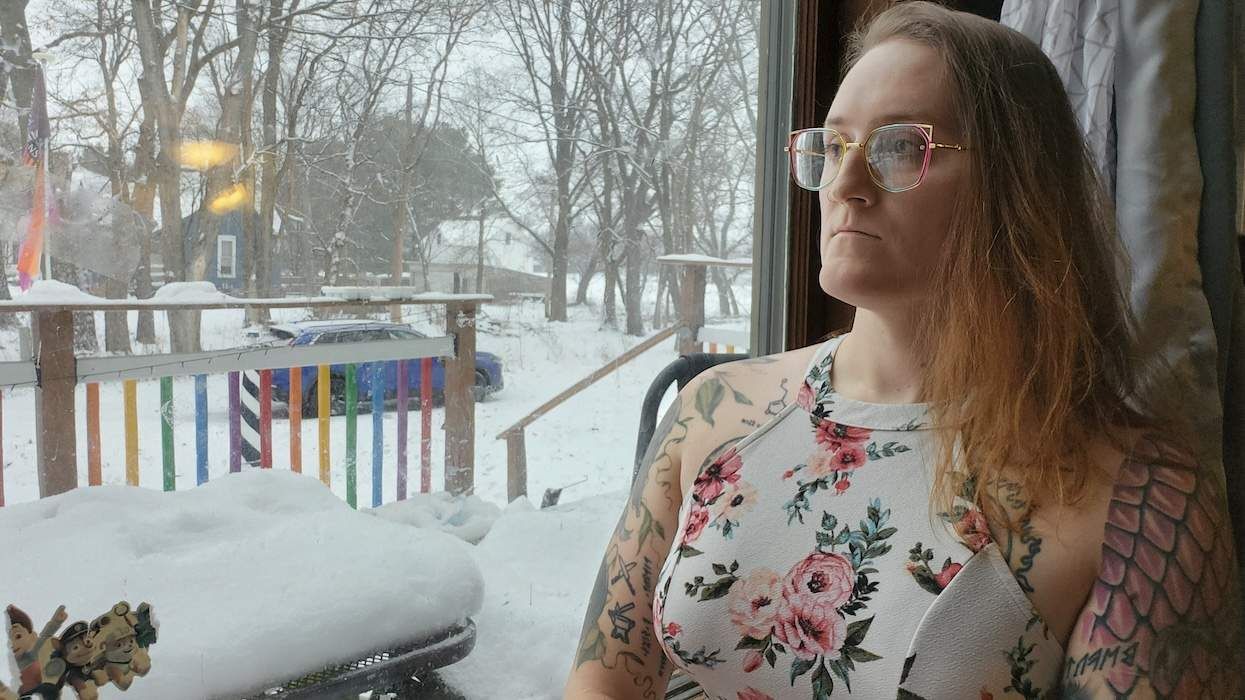

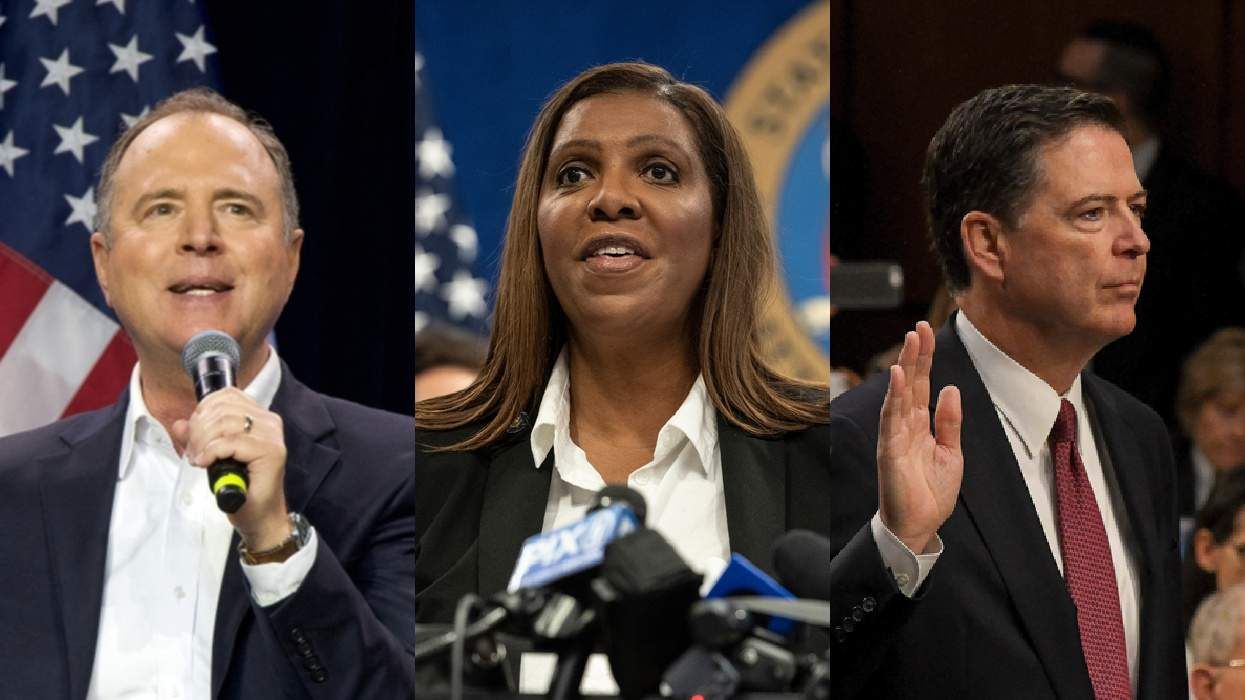


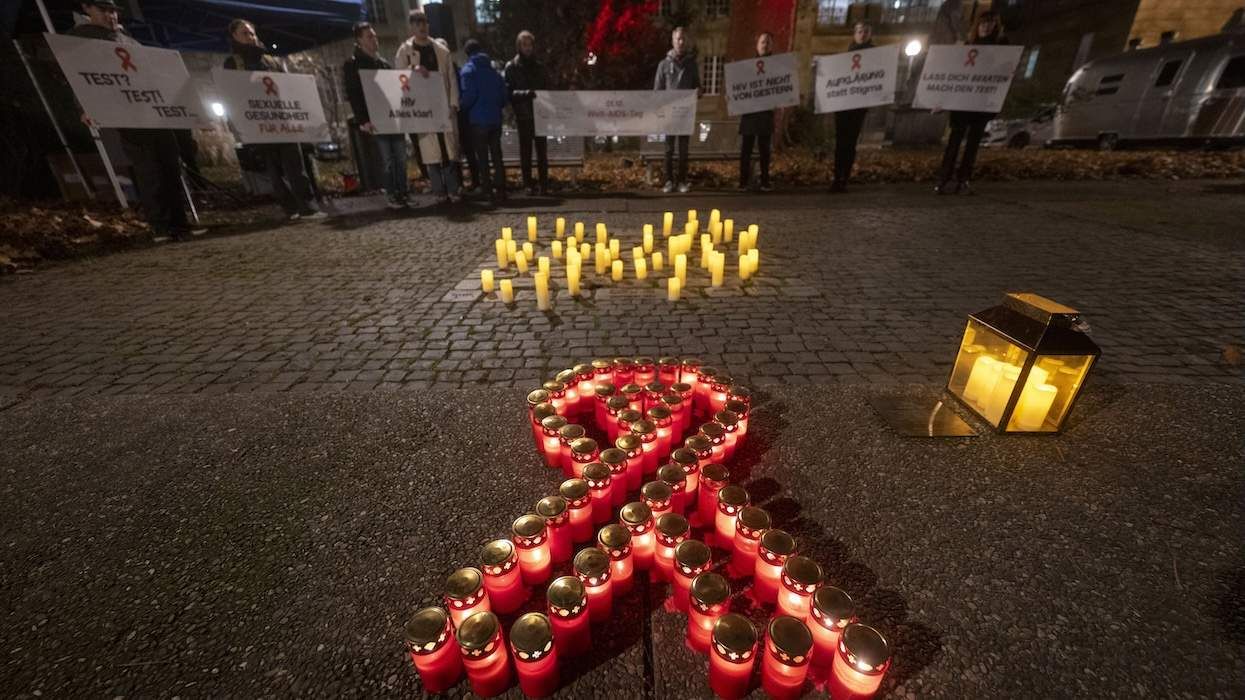



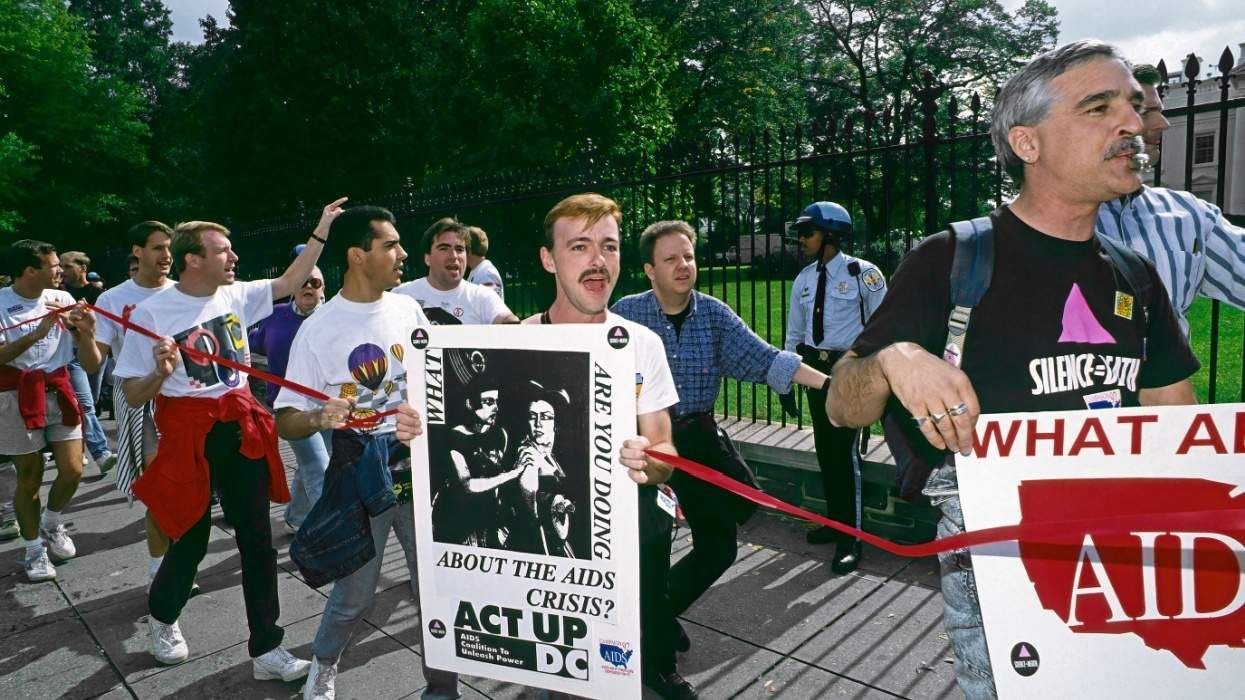


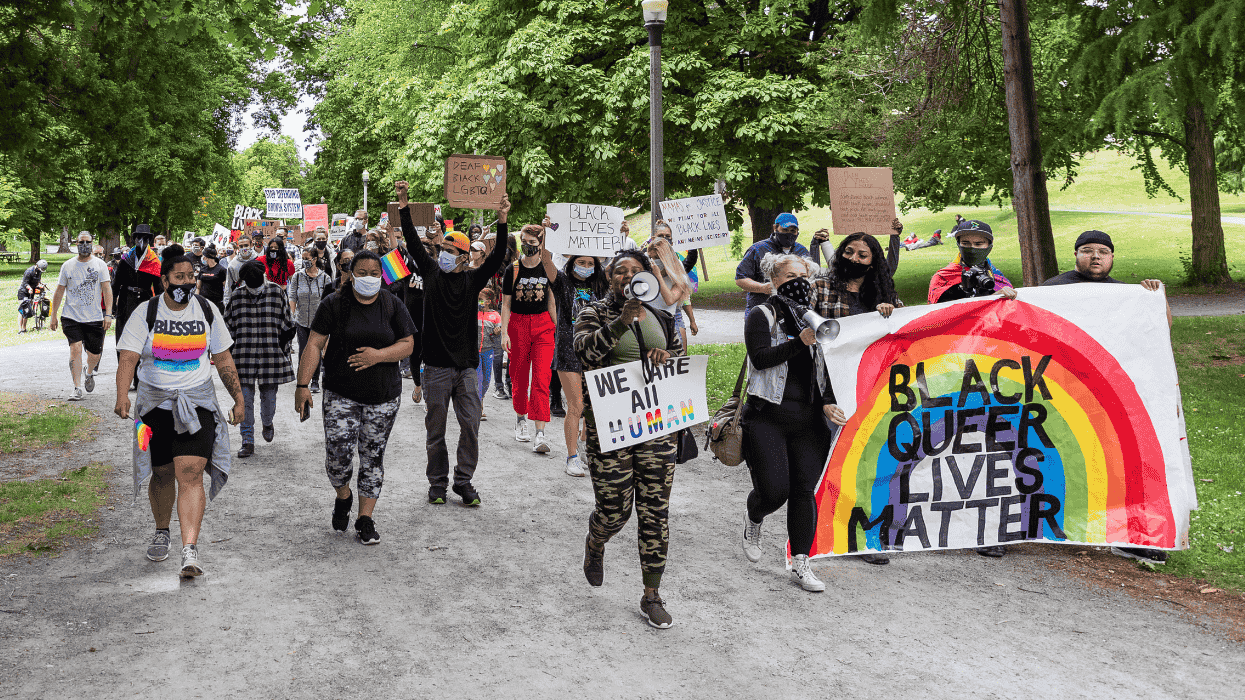
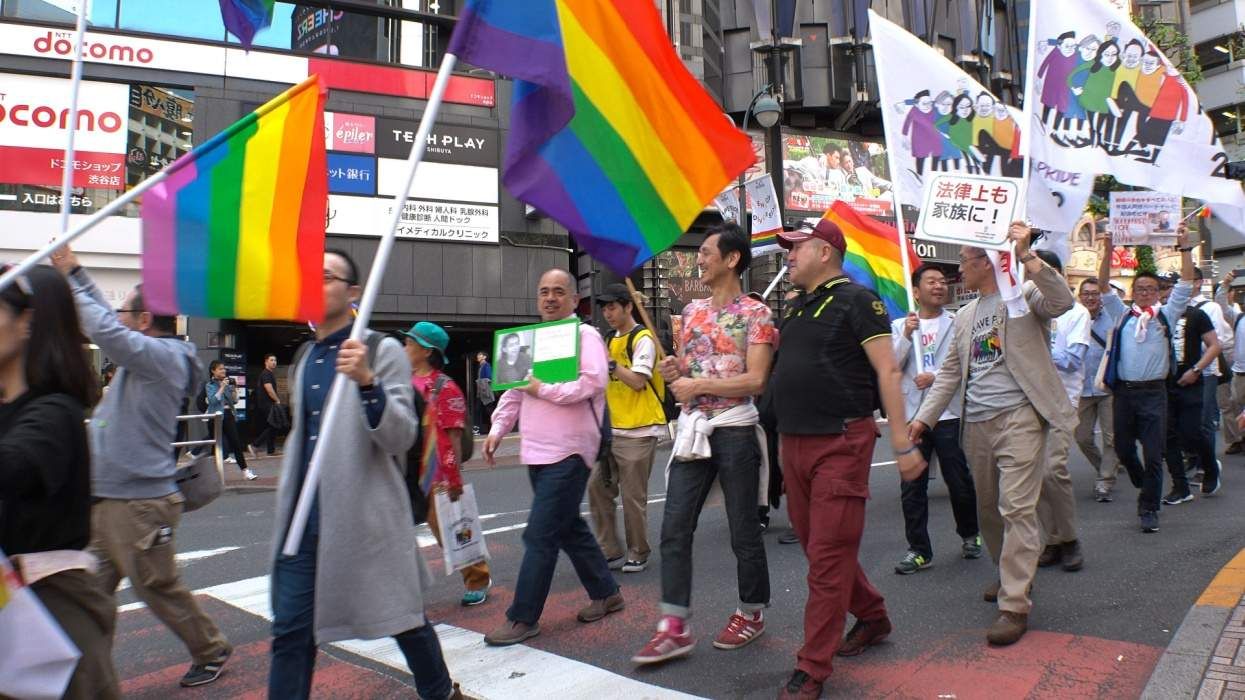
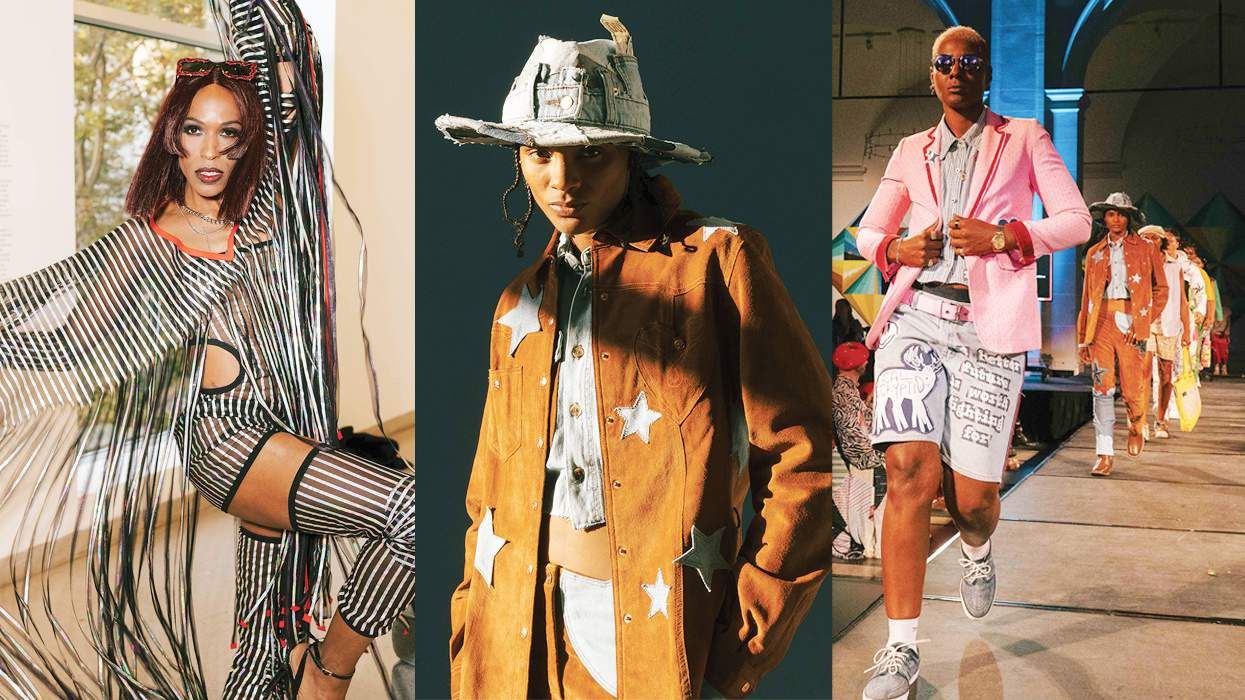








































Charlie Kirk DID say stoning gay people was the 'perfect law' — and these other heinous quotes